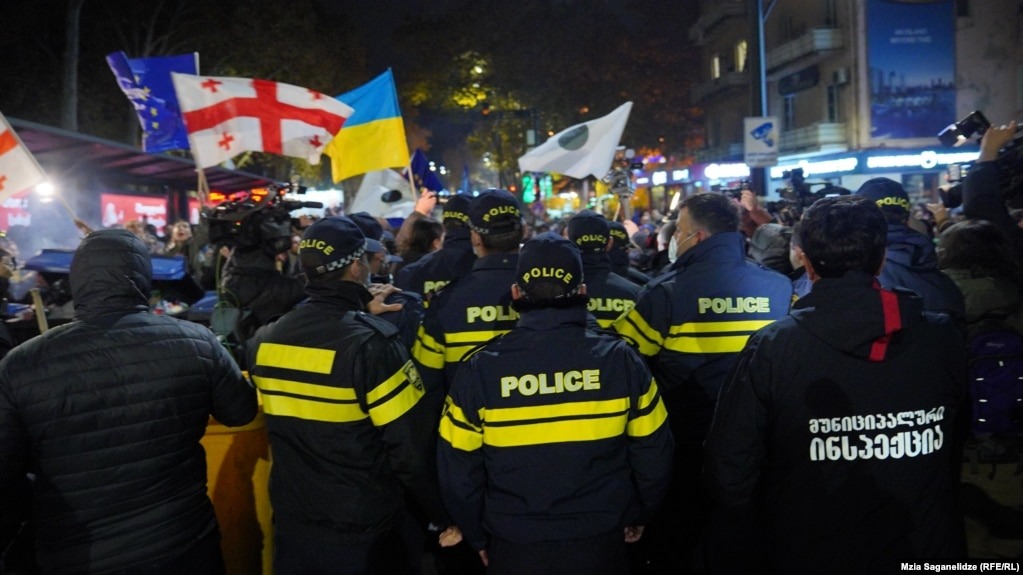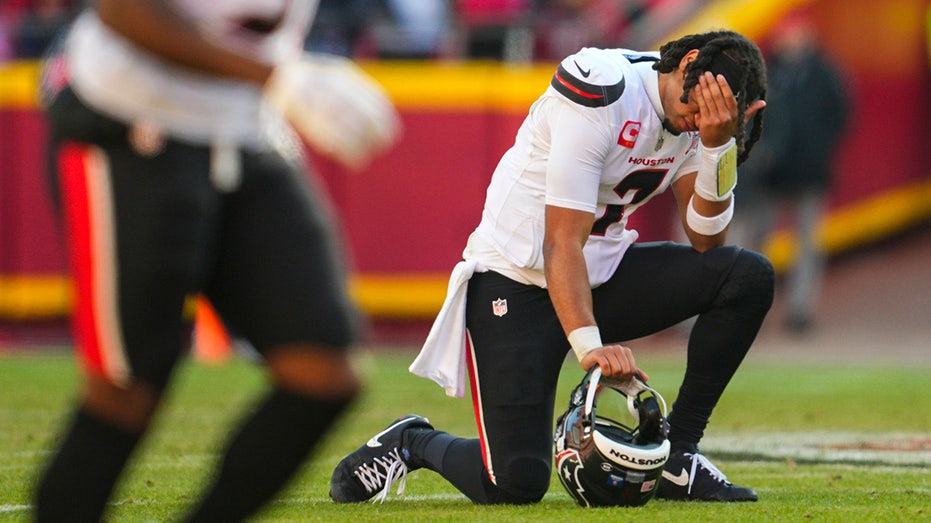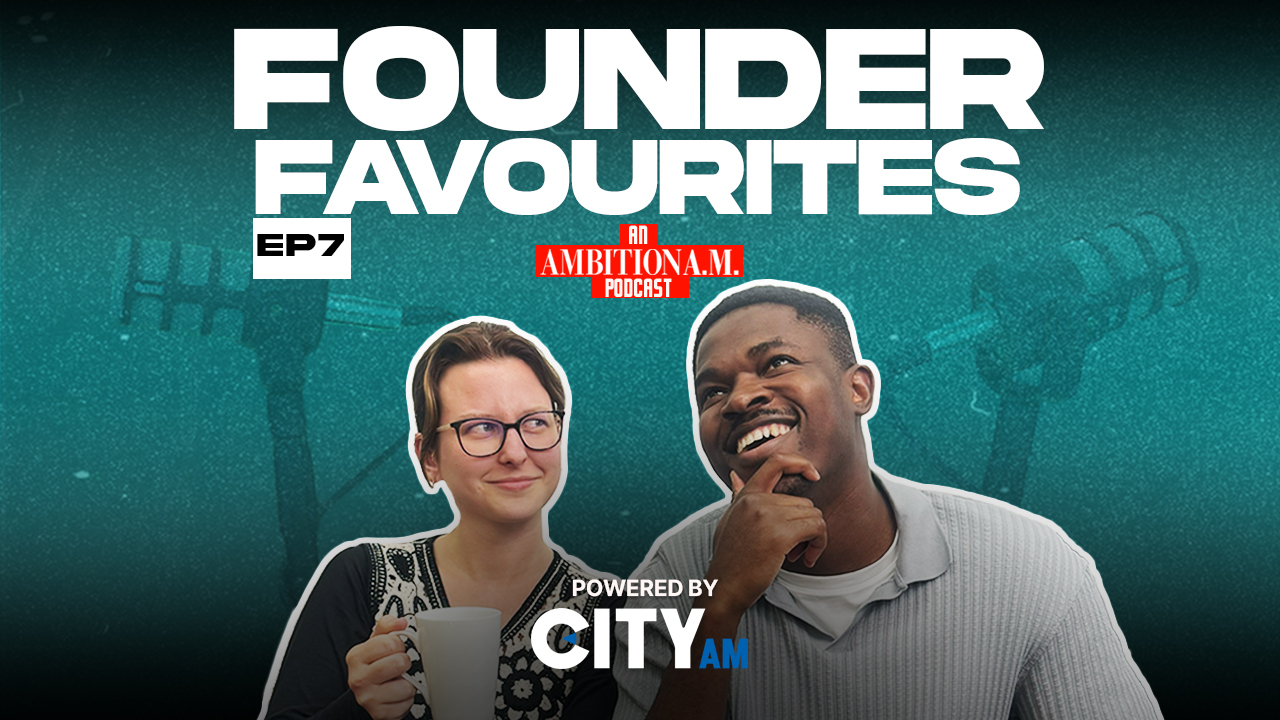Georgian authorities remove opposition protest camp amid election result disputes
Two weeks after the parliamentary elections, the Georgian opposition camped out demanding a rerun of the vote won by pro-Russian Georgian Dream.


Georgian police cleared an opposition protest camp near Tbilisi State University early on 19 November 2024, mobilizing special forces and water cannons but reportedly using no other riot control equipment as they pushed protesters away and dismantled their tents, according to RFE/RL’s Echo Kavkaza.
The law enforcement operation resulted in several detentions on Melikishvili Street, Echo Kavkaza says. Before taking action, a police representative had demanded that protesters restore vehicle traffic that had been blocked since 17 November.
Leaders of the Coalition for Change, including Nika Gvaramia, Elene Khoshtaria, and Zurab Japaridze, were present at the scene. Police cleared the roadway of tents, improvised barricades, and vehicles that had been blocking the intersection of Varaziskhevi, Chavchavadze, Melikishvili, and Kekelidze streets, according to Echo Kavkaza.
Two days ago, demonstrators set up approximately 30 tents near Tbilisi State University. Echo Kavkaza says protesters were provided with blankets, mats, and hot tea, while portable toilets were brought to the site.
Rigged election
The protests erupted following the announcement that the Georgian Dream party allegedly secured a 54% majority win, which critics have accused of becoming increasingly authoritarian and Moscow-leaning. The country’s President Salome Zurabishvili condemned the parliamentary elections as a “Russian operation,” accusing them of being conducted under total falsification and describing the outcome as a confiscation of voters’ voices. She has called for mass protests in response.
Many Georgians viewed the vote as crucial for the country’s EU membership prospects. The EU indefinitely suspended Georgia’s membership application process in June following parliament’s passage of a “foreign influence law” that critics compare to Moscow’s civil society restrictions. The ruling party, founded by Russian-made billionaire Bidzina Ivanishvili, has recently adopted laws similar to those used in Russia to restrict freedom of speech and LGBTQ+ rights.
Euronews notes that European election observers described the parliamentary elections as taking place in a “divisive” atmosphere, noting instances of “bribery, double voting and physical violence.“
The newly elected parliament is scheduled to hold its first session on 25 November, though opposition parties have announced they will boycott it.
Georgian pro-Russian Prime Minister Irakli Kobakhidze stated during a Cabinet session on 18 November that “weakening the radical opposition” was one of his government’s key tasks, adding: “We are dealing with people without a homeland, whose weakening is solely beneficial for the development of our country and state.”
Related:
- Georgia erupts as president slams Russia’s grip on disputed vote
- Georgian president calls elections “Russian special operation,” refuses to recognize results
- International observers: Georgian elections marred by pressure and intimidation
- Georgia teeters on edge as pro-Russia party claims disputed win
- Georgia’s opposition rejects parliamentary election results as pro-Russian ruling party claims victory with 54%
- Investigative journalist Christo Grozev: Kremlin plans to interfere in Georgia’s elections
- Reuters: All sides claim victory in Georgia election as exit polls give different results
- Georgia’s pro-Russian ruling party seeks constitutional majority in tomorrow’s election
You could close this page. Or you could join our community and help us produce more materials like this.
We keep our reporting open and accessible to everyone because we believe in the power of free information. This is why our small, cost-effective team depends on the support of readers like you to bring deliver timely news, quality analysis, and on-the-ground reports about Russia's war against Ukraine and Ukraine's struggle to build a democratic society.
A little bit goes a long way: for as little as the cost of one cup of coffee a month, you can help build bridges between Ukraine and the rest of the world, plus become a co-creator and vote for topics we should cover next. Become a patron or see other ways to support.


